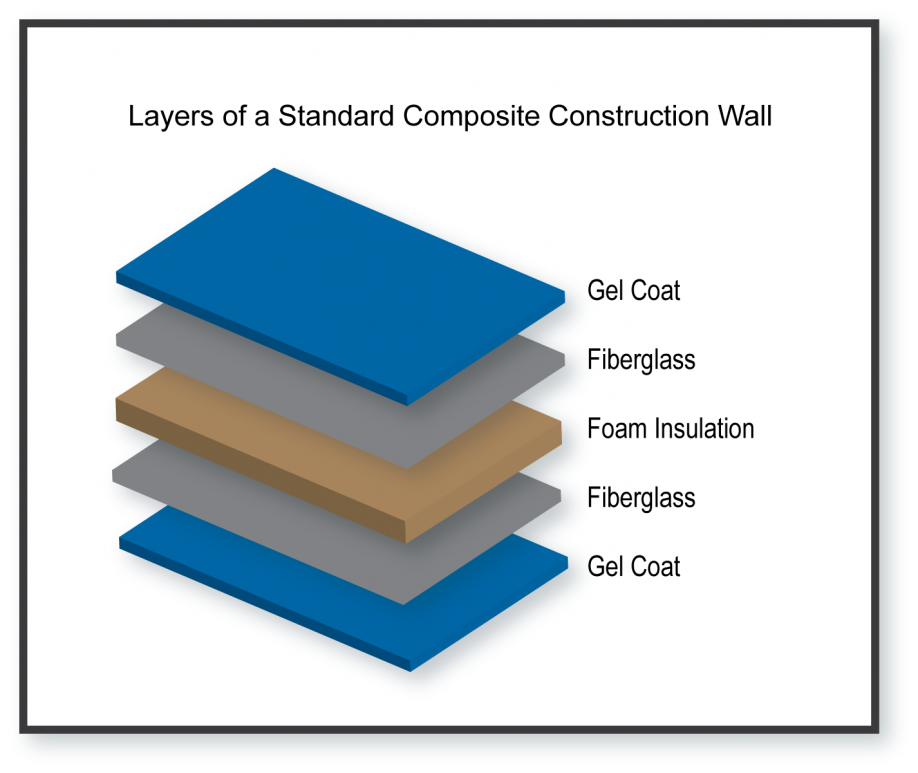From Waste to Marvel: Just How Recycled Compounds Are Transforming Different Applications
As markets worldwide are progressively prioritizing sustainability and environmental duty, the application of recycled composites has arised as a transformative solution throughout various markets. From enhancing the performance of vehicle parts to providing lasting options in construction materials, the applications of recycled composites are vast and appealing.
The Surge of Recycled Composites
The raising fostering of recycled composites in various sectors mirrors a growing acknowledgment of their environmental and economic benefits. Recycled compounds, originated from materials such as recovered carbon fiber or recycled plastics, offer a sustainable alternative to typical materials without jeopardizing on performance. Industries varying from automobile and building and construction to aerospace and customer products are increasingly transforming to recycled compounds to meet their manufacturing requirements.
One trick motorist behind the increase of recycled compounds is the press towards sustainability and eco-friendliness. Companies are under raising pressure to lower their carbon footprint and minimize waste generation. Recycled composites offer a service by making use of products that would otherwise finish up in land fills, thereby advertising a round economic situation.
Furthermore, the economic benefits of using recycled composites can not be ignored. These materials are often extra affordable than their virgin equivalents, offering companies a way to lower manufacturing prices without giving up high quality. As developments in recycling innovations remain to improve, the fostering of recycled composites is expected to further boost across varied industries.
Benefits in Automotive Market

Lasting Solutions in Building And Construction
Including lasting techniques in construction tasks is crucial for lessening ecological influence and promoting long-lasting feasibility in the developed setting. With the construction industry being one of the largest factors to carbon emissions and waste generation globally, the adoption of sustainable services is important in mitigating these negative effects. Recycled compounds are playing a substantial function in reinventing building methods by using an extra green alternative to standard structure products.
Recycled composites, stemmed from materials such as recovered wood, rubber, and plastic, give a lasting choice for numerous construction applications. These materials not just aid in minimizing waste yet also supply stamina, adaptability, and resilience comparable to standard construction products. By including recycled compounds into building designs, construction tasks can add to source preservation and power performance while preserving high efficiency standards.
Moreover, using recycled compounds in construction aligns with the growing need for green buildings and sustainable infrastructure. As ecological policies come to be stricter and the concentrate on sustainability heightens, the building sector is progressively transforming to recycled compounds as a feasible service for producing eco-conscious structures and frameworks.
Eco-Friendly Innovations in Product Packaging
Biodegradable materials such as mushroom product packaging, seaweed-based movies, and compostable plastics offer promising remedies to the plastic air pollution dilemma. These innovative materials not just break down normally, decreasing environmental effect, but likewise give comparable performance and durability to typical packaging choices.
Moreover, innovations in modern technology have led to the growth of clever packaging remedies that expand product rack life and lower food waste. Time-temperature indications, oxygen scavengers, and antimicrobial product packaging aid maintain product quality and quality, guaranteeing a much longer service life without the need for hazardous chemicals. Additionally, the combination of recycled materials into product packaging production processes further boosts sustainability initiatives. By incorporating post-consumer recycled content, firms can decrease the demand for virgin materials, save natural deposits, and advertise a round economic situation in the product packaging industry. These environment-friendly technologies in packaging not just benefit the environment however additionally resonate with consumers who are significantly seeking lasting products.
Transforming Textiles With Recycled Composites
In the realm of sustainable products, the focus currently moves towards transforming fabrics with the innovative use recycled composites. This evolution in textile production is driven by the pushing demand for more environment-friendly techniques in the style and textile sectors. Recycled compounds provide an appealing solution by integrating materials like plastics, carbon fiber, and glass fiber to develop sturdy my site and functional textiles.
Among the essential advantages of utilizing recycled composites in fabrics is the capability to repurpose waste products that would otherwise wind up in land fills. By integrating recycled elements right into fabrics, makers my response can minimize their ecological impact and add to an extra round economic climate - composites. In addition, fabrics made from recycled composites commonly show improved performance, toughness, and toughness features, making them suitable for a large range of applications
As customer demand for sustainable products proceeds to climb, the fostering of recycled compounds in fabrics is poised to grow substantially. This change in the direction of more eco-friendly textile manufacturing not just benefits the planet however also opens new chances for development and creative thinking in the fashion and fabric industries.
Final Thought

From boosting the performance of automotive parts to supplying lasting options in building materials, the applications of recycled compounds are vast and encouraging. Recycled compounds, obtained from materials such as redeemed carbon fiber or recycled plastics, offer a lasting choice to conventional products without go to website endangering on efficiency. In addition, the usage of recycled compounds advertises the round economy by diverting waste from landfills and decreasing the need for virgin raw materials - composites.Recycled compounds, obtained from products such as reclaimed plastic, timber, and rubber, offer a lasting alternative for numerous building and construction applications.In the realm of sustainable products, the emphasis now moves in the direction of changing textiles with the cutting-edge use of recycled composites